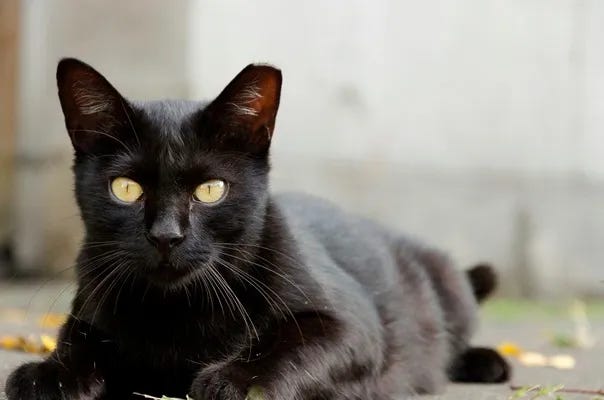500,000+ fewer adoptions means more killing
News and headlines for December 30, 2023 - January 5, 2024

These are some of the stories making headlines in animal protection:
A former volunteer has filed a lawsuit against Multnomah County Animal Services (MCAS) in Portland, OR, for violating her constitutional rights. In the lawsuit, she alleges,
[T]hat the county and the animal shelter’s operations manager retaliated against her after she publicly aired concerns about the shelter’s plans to euthanize [kill] a healthy year-old poodle.
In the suit filed in Multnomah County Circuit Court, Monica Klein alleges that Animal Services Operations Manager Marian Cannell terminated her volunteer service in July after Klein posted on social media about the shelter’s decision to euthanize [kill] a dog named Cloud. Klein resorted to making that plea after shelter leaders rebuffed her request to have a chance to find Cloud a suitable home, the suit says.
Citizens not only have a First Amendment right to speak out against government policies with which they disagree, but they also have a constitutionally protected right to demand that the government correct the identified wrongs. As the U.S. Supreme Court has consistently ruled, “speech on public issues occupies the ‘highest rung of the hierarchy of First Amendment values’ and is entitled to special protection.”
When animal lives are at stake — as they are when animals enter a shelter that has not fully embraced a culture of lifesaving — retaliating against volunteers critical of killing by government shelters is even more egregious given the life and death consequences.
Thankfully, the First Amendment gives rescuers, volunteers, and No Kill advocates the right to criticize the shelter online without being banned. It gives them the right to complain to city and county officials without being fired as a volunteer or rescuer partner. It gives them the right to take and publicize photographs of conditions at the shelter without being evicted from the premises. It forbids shelters from forcing them to sign, as a condition of volunteering or rescuing, a “non-disclosure” agreement that prevents them from posting criticism the shelter deems “disparaging.” And it makes it illegal to ban commenters, as well as hide or delete critical comments. Animal lovers do not surrender their constitutional rights at the shelter door.
MCAS is no stranger to illegal and abusive conduct thanks to years of mismanagement at the hands of managers and elected officials indifferent to animal suffering. According to a former staff member, “How these dogs are being treated, it’s inhumane, it’s torture… The dogs aren’t getting their needs met, they aren’t in a healthy environment.”
That includes dogs going weeks without walks, barren kennels without beds or toys, and filthy algae-covered water bowls. According to another staff member,
I can't handle the killing, the lack of empathy, the poor standards even for the minimum care. In my heart, I cannot support what MCAS is doing. They put forth literally no effort to reunite pets with their people, especially the ones who need it most.
Jonathan Franzen, the fiction author and self-proclaimed bird fanatic, has published a hit piece in The New Yorker, calling for the roundup of cats to protect so-called “native” birds. In it, he blames cats for killing billions of birds annually, calls community cat programs — also called Trap, Neuter, Release or TNR — a “fate worse than death,” and writes that shelters should re-evaluate their “preoccupation with shelter kills.” He’s wrong on all counts.
Aside from the political cover it will give policymakers who want to turn millions of cats and kittens into ash, the great tragedy of the Franzen piece is that The New Yorker saw fit to publish it. It rehashes arguments debunked in the 1990s and early aughts. It relies on other ideologues determined to kill cats, like the fanatics at PETA, who put to death 99% of cats. And it comes after universities, shelters, communities, health departments, and even states embraced a community cat sterilization program as an alternative to “catch and kill” because the evidence shows it is a good, humane, and effective policy — for cats, birds, and people; conclusions that the last three decades of experience have confirmed.
Giving voice to Franzen’s views, the village of Strasburg, OH, is set to criminalize the feeding of community cats. The proposed ordinance will also prohibit the building of outdoor cat shelters. The proposal is pitting TNR advocates who are offering to sterilize the cats with those who want the cats to die. One advocate of sterilization says that “anybody who would just ignore a helpless animal — there’s something wrong with them.” By contrast, those who support harming the cats argue that “They’re not cats anymore, they’re rodents.” Not only does that not make any sense, but rodents should not be wantonly killed, either.




